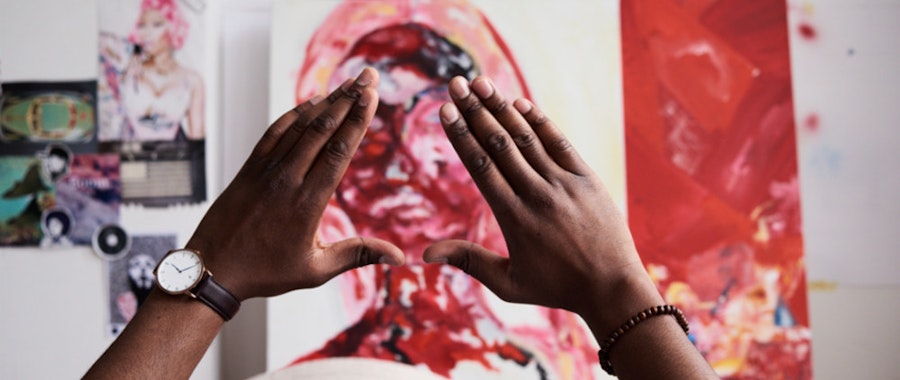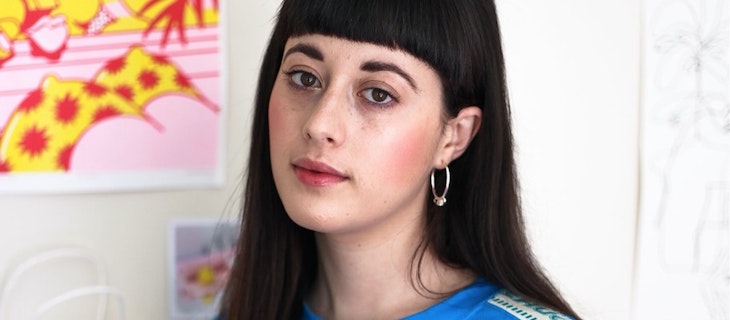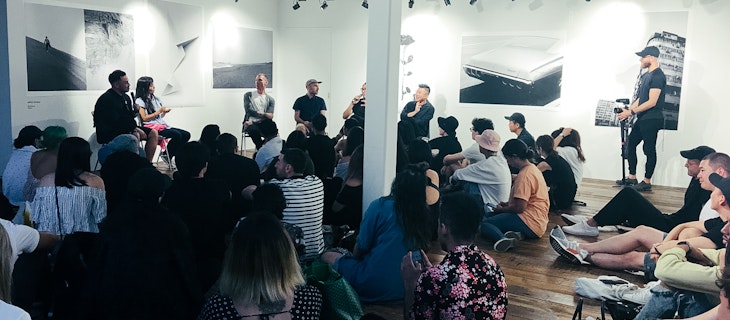
5 Odd Tips to Increase Creativity
As we travel at speed towards a more automated society, creativity is becoming one of the most valued traits of the 21st century. In fact, according to a 2016 report from the World Economic Forum, creativity will be one of the top 3 skills employers will be looking for by 2020.
We’re all creative. Given the time, freedom, experience, and a level of aspiration, we can all innovate. But there are times when even the most creative of thinkers can hit a mental roadblock. So, here are 5 unusual creativity boosters that research has shown will increase creativity:
Imagining Psychological Distance
One of the most widely recommended creative boosters is to increase distance from the problem–for example, by imagining the problem is off in the distance in the future or by considering how other people would come up with a solution.
While this recommendation has been traditionally circulated in popular creativity books, it has received some research backing over the last decade. In one study, participants were able to solve twice as many insight problems when primed to think about the source of the task as distant.
To put this in action, try imagining your creative task as far off from your current location as possible. This should encourage a higher level of thinking.
Fast Forwarding In Time
Like psychological distance, chronological distance can also help boost creativity. By exploring the possibilities of the future, we are often able to put what’s in front of us into greater perspective.
When pressed to think about what their lives would be like in one year’s time, participants in one study were shown to be more insightful and able to come to more creative solutions to problems than those who were concerned with what their lives would be like the following day.
Try placing yourself off in the distance in both time and space to prompt the mind to think from a different perspective and in turn, more creative.
Absurdist Stories
It’s widely agreed that reading is a good habit. It raises general knowledge, widens your vocabulary, reduces stress and even encourages creative thinking. The mind is desperate to draw meaning from what it sees, and when presented with an absurd experience, it has to work harder to find meaning.
According to a 2009 study, exposure to surrealism, which are elements usually found in art and literature that defy reality, enhances our cognition. As part of the research, a group of subjects were asked to read Kafka’s The Country Doctor, a text rich in absurd and unsettling content. These people solved more letter string puzzles, having greater motivation to find structure than those were presented with a modified version of the same novel that had been rewritten incorporating more sense to the plot.
So, striving to make sense of something encourages a sharpening of wit. Work in a couple of ‘weird’ books into your reading list to keep your mind agile. If you’re looking for somewhere to start, check out The Metamorphosis, Lemony Snicket’s A Series of Unfortunate Events or Waiting for Godot by Samuel Beckett.
Applying Emotional States
While positive moods can increase our ability to solve problems and think flexibly and are generally thought to be more highly beneficial to creative thinking, negative emotions also have the power to boost creativity.
In a study of 161 employees, it wasn’t just those in a positive frame of mind that benefited. In fact, when both positive and negative emotions were running high, creativity was increased. The subjects appeared to be using dramas in the workplace positively.
Negative moods can indeed be creativity killers, but it’s up to us to try and find ways to use them to our benefit.
Use Technology To Put Restrictions In Place
We usually turn to technology when we want to make things easier for ourselves. Though you might think constraints can seem like the last thing you’d want for an innovative project, using technology to impose limitations can be a great way to get those creative juices flowing.
Research has shown that when we look at something in terms of unlimited possibilities, or even when we’re just faced with too many options, we tend to become overwhelmed and actually end up thinking less creativity. To avoid this creative offset, we can limit our choices by putting a few restrictions in place.
There are plenty of apps that can help achieve this by imposing time-limits to help come up with as many new ideas as possible or write a certain number of words within a particular time frame.
Placing yourself in the distance of time and space, absurdism, tuning into your emotions, amongst the plethora of other ways to give your creativity a boost, can just as easily be applied to your day-to-day. From helping you choose a gift for a friend, to thinking about your career in a new way or helping decide what to do on the weekend. Finally, remember it is just as important, if not more so, to explore creativity leisurely, than all that ‘serious’ creativity.


